The Retirement Transition and the Celtic Fringe: Mobility Trends and Migrant and Rural Community Well-being?
The current project seeks evidence of a ‘retirement transition’ affecting the mobility patterns of the 50 to 64-year-old age group within the UK’s Celtic fringe. The retirement transition concept refers to the behavioural changes affecting pre-retirement age groups and assumes that the expectation of retirement acts as a catalyst for change, including a change of residence. Such migration in the UK is commonly associated with peripheral and scenically attractive areas. Accordingly, the project focuses on rural areas of Scotland, Wales and Northern Ireland.






